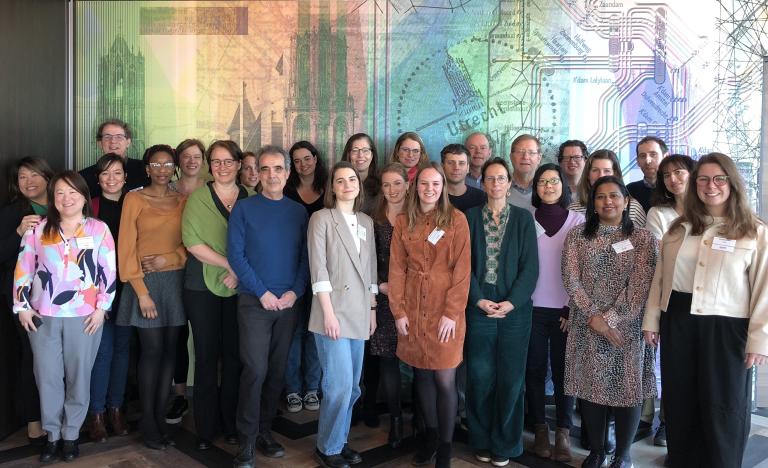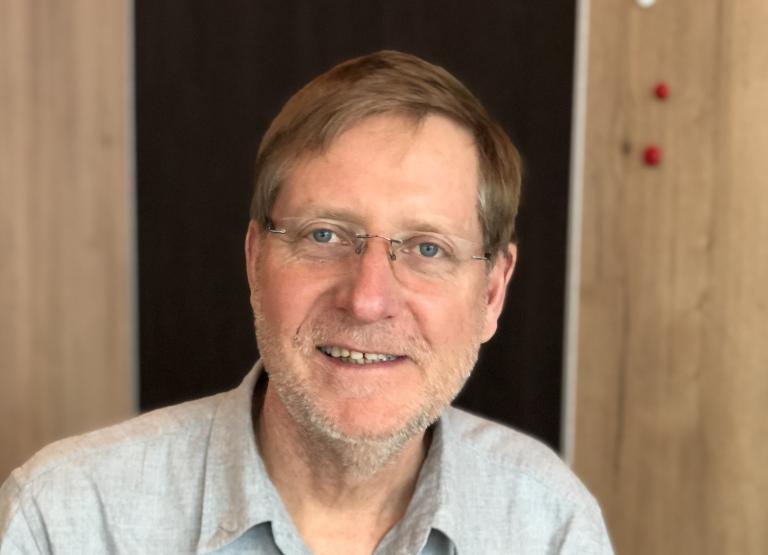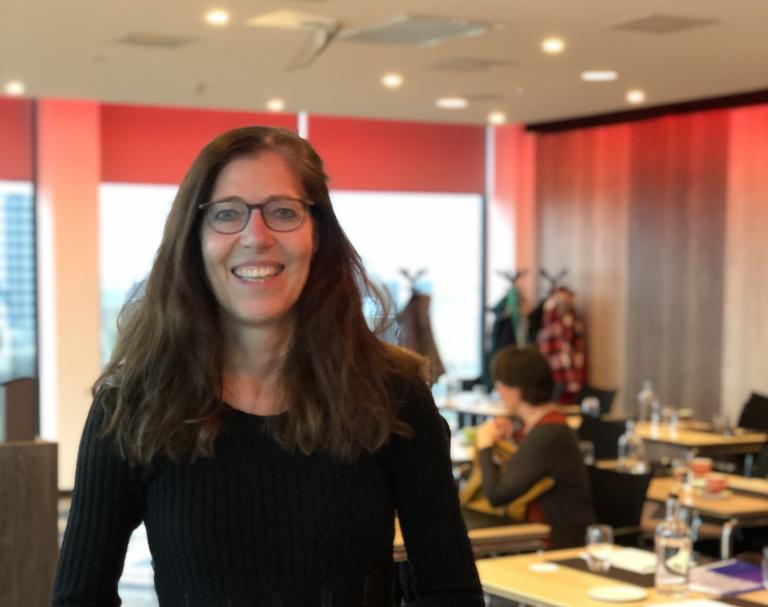ECRAID-Prime network training meeting

Primary care network representatives from seven countries were in Utrecht, the Netherlands, to attend a training session in preparation of ECRAID-Prime’s first clinical trial. The purpose of the training is to train country representatives in trial procedures and stimulate discussions on trial start-up and implementation issues and challenges in their local contexts.
The attendees are part of Ecraid’s primary care network and represent their local general practitioners’ (GP) network in Belgium, France, Germany, Ireland, Spain, Poland, and the UK. They are responsible for the set-up and management of ECRAID-Prime’s platform trial in their countries. This includes overseeing trial logistics, selection of GPs, contributing to the central CTIS submission, communication with local study sites, and study monitoring.
Delivered in real‐world healthcare settings
Clinical research in primary care is essential for the effective development and implementation of treatments in the community. In primary care settings, early interventions such as antiviral agents can be deployed to create a significant impact on public health. To ensure that treatments are effective and safe for the populations and situations that they are designed for, it is necessary to evaluate them in the communities where they will be used.
During the meeting, project lead Chris Butler introduced the ECRAID-Prime platform and emphasised the importance of performing research on the effectiveness of treatments for pandemics and epidemics in the community using innovative platform trial designs. He also underlined the common goal of ECRAID-Prime and Ecraid foundation: to establish a fully operational and research-ready clinical trial infrastructure that encompasses primary care, hospitals and ICUs to boost Europe’s pandemic preparedness.
The establishment of a flexible and scalable platform trial, such as ECRAID-Prime, is crucial for delivering trials quickly and effectively in the primary care setting. Chris explained that this means that when pandemics emerge, randomised evaluations can begin more or less immediately.
“What we’ve learnt from past pandemics is that we should not have to set up a new trial from scratch every time a new treatment comes along. This is inefficient, time-consuming and wasteful of precious resources. Besides, clinical evidence generated from a trial set up during a pandemic is often not quick enough to provide timely treatments to patients within the same pandemic."
- Chris Butler, project co-coordinator and professor at the Nuffield Department of Primary Care Health Sciences, University of Oxford

ECRAID-Prime’s innovative and flexible platform design will allow new treatments to be introduced while the trial is ongoing. Current interventions can be dropped when there is sufficient proof of meaningful benefit or for futility. Conversely, in between pandemics, this trial infrastructure can be used to evaluate emerging treatments for other epidemic and endemic viral infections.
Project Co-coordinator and Trial lead (WP2) Alike van der Velden elaborated on the various aspects of the multi-arm adaptive platform trial, where multiple interventions can be tested under a single master protocol. She highlighted that currently, the majority of clinical research focuses on patients who are hospitalised, with highly successful platform trials in taking place in general medical wards and ICUs.

"The greatest opportunity to maximise our reach and impact is through primary care, yet at present fewer than 20% of all COVID-19 trials are being conducted in the community, with the majority of these trials not generating significant results."
- Alike van der Velden, project co-coordinator and assistant professor at the department of General Practice and Nursing Science, University Medical Center Utrecht.
The two-day training meeting also discussed various study aspects as such as status approvals, reporting and inclusion processes, data collection and flow, randomisation, trial logistics, and medication and sample handling.
Some of our network representatives have this to say:
"It’s a wonderful experience being here. I’m looking forward to working together to launch the ECRAID-Prime study in Germany and the other countries. When it comes to foreseeable roadblocks, I would say, strict regulatory challenges, but also capacity challenges for GPs due to their clinical workload and busy schedules. For this, we have piloted a 'flying study team' who will support our GPs with trial requirements such as administrative tasks and patient follow-ups. Our priority to keep our GPs engaged and motivated to continue driving primary care research.” - Ildikó Gágyor, general practitioner and head of the General Practice department at the University Hospital in Würzburg.
-
"I greatly enjoyed reconnecting with old friends from previous projects and meeting new partners. I’m excited to collaborate on the ECRAID-Prime trial and gain insights on how other countries are tackling challenges related to clinical trial regulations in primary care. As a national representative, we try to handle as much as trial administration work to enable our GPs to concentrate on recruitment and randomisation." - Sławomir Chlabicz, general practitioner and head of Family Medicine department at the Medical University of Białystok.
-
"Despite being under huge pressure, every GP understands the value and importance of research in order to provide their patients with the best care. Participating in European clinical trials enables them to drive the search for new treatments that will help keep their patients out of the hospital." - Akke Vellinga, epidemiologist and professor at the University College Dublin, Ireland.
-
"I’m excited to be part of the ECRAID-Prime study – this is the first time that I don’t have to search for funding! Being relatively new to organising clinical trials – before it was more about diagnostics, I’m energised by the open discussions in the meeting. I made a long list of things to do – the first and foremost is, to contact our central laboratory to organise the transport of samples, and start reaching out to our GP sites." - Stefan Morreel, general practitioner and researcher at the University of Antwerp.
-